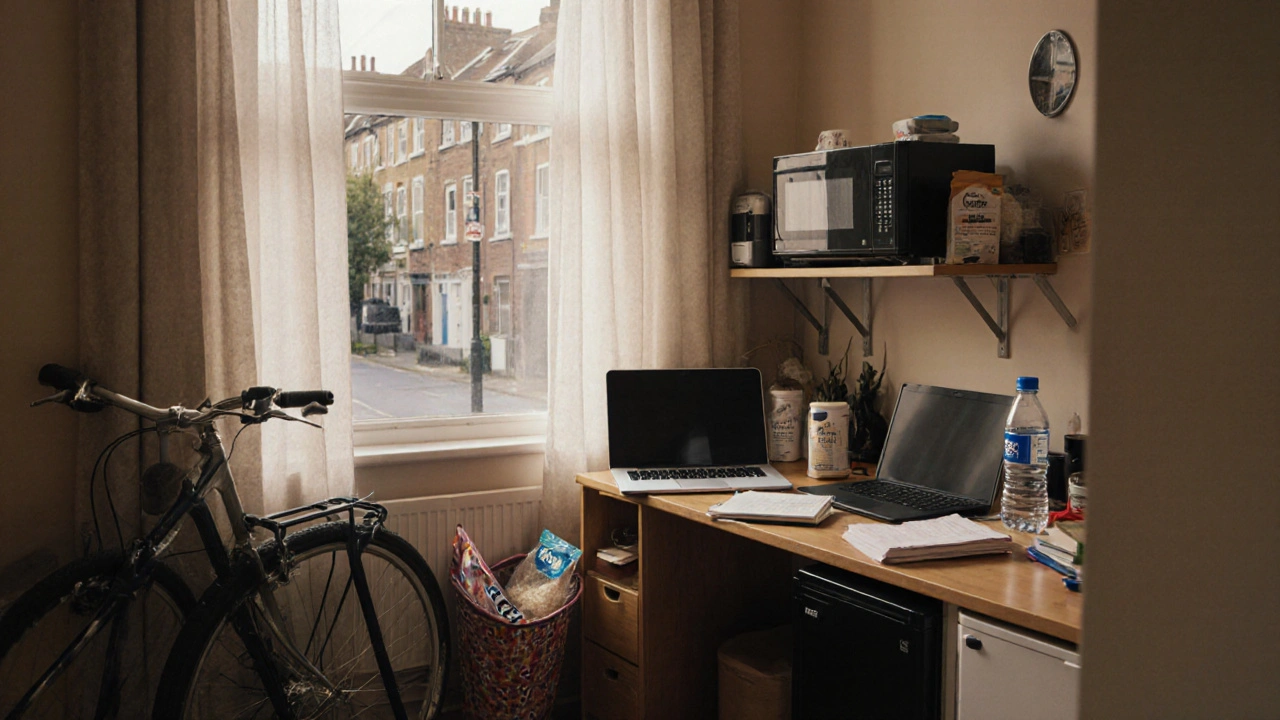Cost of Living in London: Rent, Food, Transport, and Real Budgets
When people talk about the cost of living in London, the total amount of money needed to cover basic expenses like housing, food, transport, and utilities in the city. Also known as living expenses London, it’s not just about rent—it’s how much you actually need to get through a week, month, or year without stress. You’ve probably heard it’s expensive. But what does that really mean for someone working a regular job, studying, or just trying to survive without going broke?
Let’s break it down. The biggest chunk of your budget? London rent prices, the monthly cost to rent an apartment or room in the city, varying widely by zone and property type. A one-bedroom flat in Zone 1 can hit £2,200 a month. In Zone 3 or 4? Maybe £1,500. But if you’re sharing a room in a house with four others? You could find something under £900—but don’t expect privacy or a decent kitchen. And don’t forget the deposit. Most landlords want six weeks’ rent upfront. That’s £1,100 before you even move in.
Then there’s London transport costs, the money spent on getting around via Tube, bus, DLR, or Overground, typically through Oyster or contactless payment. A monthly Travelcard for Zones 1–2? Around £140. But if you’re a student or work from home half the week, you might only need a pay-as-you-go Oyster card. That’s £8–£10 a day if you’re commuting daily. Over a month? Still close to £200. And yes, TfL overcharges you sometimes—so know how to claim a refund.
Food? It adds up fast. A decent meal out? £15–£25. A pint of milk? £1.10. A loaf of bread? £1.80. But you don’t have to eat like a tourist. Head to markets like Broadway Market or Brixton Village for cheap, fresh food. Or grab a vegan wrap for £4.50 from a stall in Soho. The food prices London, the cost of groceries and meals in the city, which vary by store, neighborhood, and whether you cook at home. aren’t fixed—they’re negotiable if you know where to look.
And then there’s the student angle. If you’re studying, rent drops a bit if you’re in university halls, but you still pay for bills, textbooks, and transport. A student budget in 2025? Around £1,300–£1,800 a month, depending on where you live. That’s not luxury—it’s just keeping your lights on and your stomach full.
People compare London to New York and say, "Which is worse?" The truth? Both are brutal. But London’s public transport is better, and more free museums help. You won’t find a £5 vegan meal in every city. Or a £0 entry to the National Gallery. Or a £1.50 bus ride that runs 24/7. The cost of living in London is high—but it’s not hopeless. It’s just a game of smart choices.
Below, you’ll find real guides from people who’ve done it: students living on £1,000 a month, vegans eating well for under £5 a meal, commuters who cut transport costs in half, and locals who never pay full price for anything. No fluff. No ads. Just what actually works.
